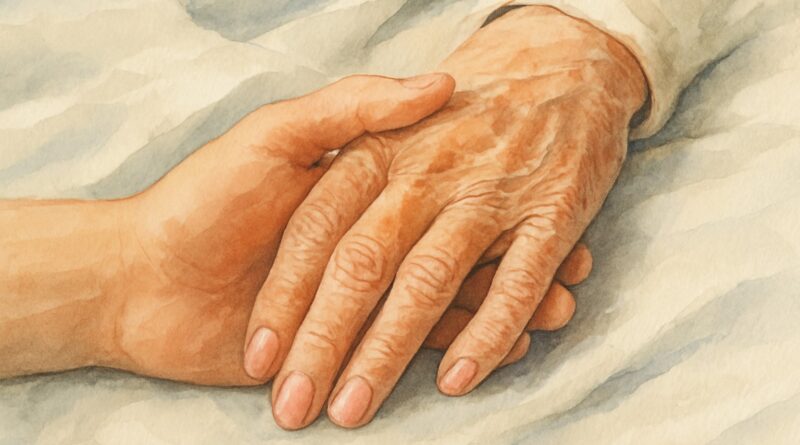When Justice Outruns Wisdom
“I told her I was ready to give up. I wasn’t. I was frustrated.”
What began as a communication bottleneck in a church office became a lesson in leadership. When drafts moved without review and a public link went live incorrectly, urgency surged. The concern was legitimate. The tone was not. Justice rose quickly. Wisdom lagged behind. Where has urgency outrun wisdom in your week?
In this new essay, I contemplate what the Stoics understood about anger, discipline, and leadership—and why the same dynamic I saw in myself is evident at the highest levels of national leadership. Anger is a signal. It is not a strategy. Wisdom must organize justice, or institutions begin to fray.
Read: When Justice Outruns Wisdom.
Read more










